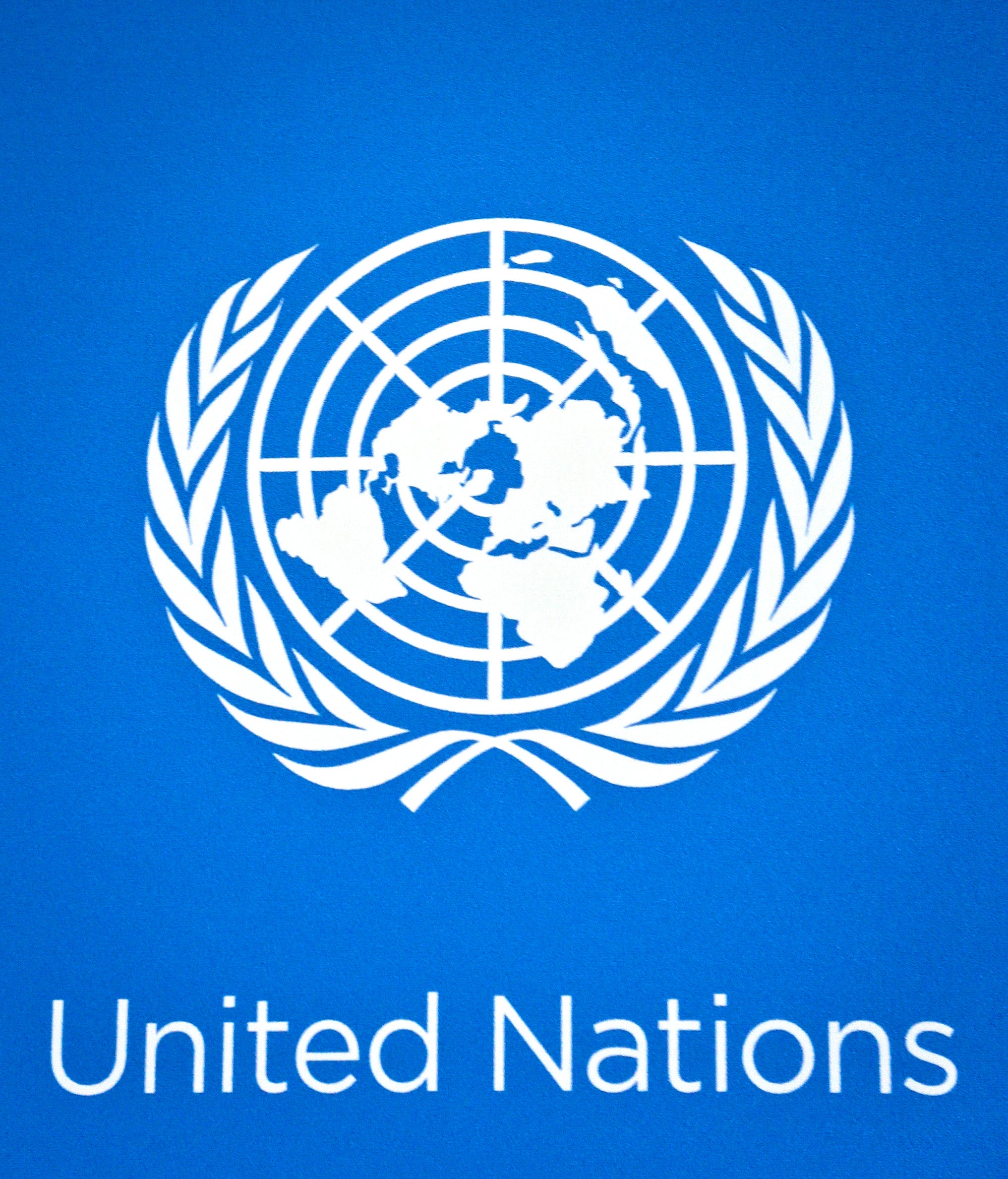The UN says global public debt hit a record $97 trillion in 2023. Developing countries are hard hit
The United Nations is reporting that global public debt rose to a record $97 trillion last year, with developing countries owing roughly one-third of that – crimping their ability to pay for basic government services like health care, education and climate action

Your support helps us to tell the story
From reproductive rights to climate change to Big Tech, The Independent is on the ground when the story is developing. Whether it's investigating the financials of Elon Musk's pro-Trump PAC or producing our latest documentary, 'The A Word', which shines a light on the American women fighting for reproductive rights, we know how important it is to parse out the facts from the messaging.
At such a critical moment in US history, we need reporters on the ground. Your donation allows us to keep sending journalists to speak to both sides of the story.
The Independent is trusted by Americans across the entire political spectrum. And unlike many other quality news outlets, we choose not to lock Americans out of our reporting and analysis with paywalls. We believe quality journalism should be available to everyone, paid for by those who can afford it.
Your support makes all the difference.Global public debt rose to a record $97 trillion last year, the United Nations reported Tuesday, with developing countries owing roughly one-third of that — crimping their ability to pay for basic government services like health care, education and climate action.
U.N. Trade and Development, formerly known as UNCTAD, said the value of money owed by governments rose by $5.6 trillion from 2022. In its report entitled “A World of Debt," the agency said high interest payments are outstripping growth in essential public spending.
“Developing countries must not be forced to choose between servicing their debt or serving their people,” the report said. “The international financial architecture must change to ensure a prosperous future for both people and the planet.”
In the developing world, which is home to 3.3 billion people, 1 in 3 countries spends more on paying interest than on programs in “critical areas for human development” such as health care, education and climate action.
In 2023, public debt in developing countries hit $29 trillion, or about 30% of the total worldwide – an increase from a 16% share in 2010, the U.N. office said.
UN Trade and Development said “cascading crises” and the sluggish and uneven performance of the global economy underpinned the rapid increase in global public debt, which is rising at twice the rate in developing countries than in richer ones.
The United States, according to the report, led the world with more than $33 trillion in public debt last year, trailed by China at nearly $15 trillion and Japan at $10.6 trillion.
Egypt, Mexico, Brazil and India joined China among developing countries with the most public debt.
However, global shocks have jolted economies in Africa, where median public debt as a share of economic output has risen to 62% last year.
With the cost of borrowing increasing in many parts of the world last year, interest on public debt jumped to $847 billion last year – up 26% from two years earlier, the U.N. office said.
Last month, U.S. President Joe Biden and visiting Kenyan President William Ruto urged economies worldwide to reduce the enormous debt burden crushing developing nations, such as by reducing financing barriers and coordinating debt relief through multilateral financial institutions.
A $1.2 trillion government funding bill passed by Congress in March allows the U.S. to lend up to $21 billion to an International Monetary Fund trust that provides zero-interest loans to support low-income countries.
“Too many nations are forced to make a choice between development and debt, between investing in their people and paying back their creditors,” Biden said.
The African Union, a new G20 permanent member, also has been outspoken on the issue. South Africa will assume the G20 presidency in December, saying it will be “an opportunity to champion the aspirations of emerging markets.”